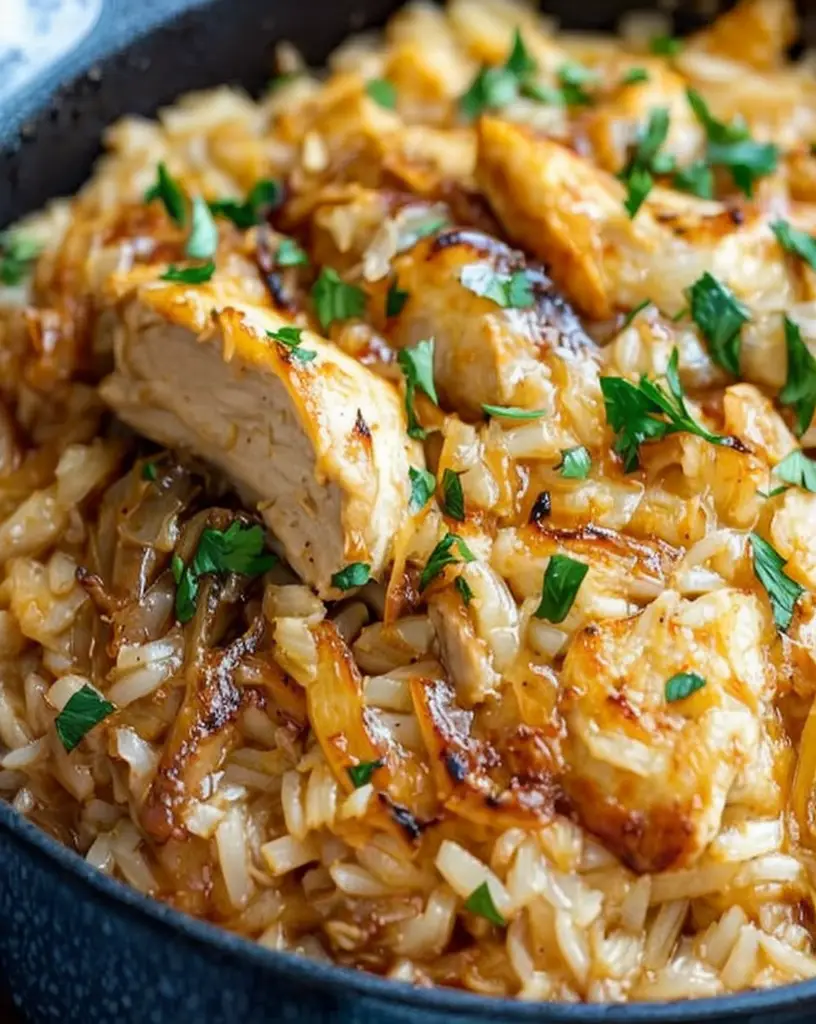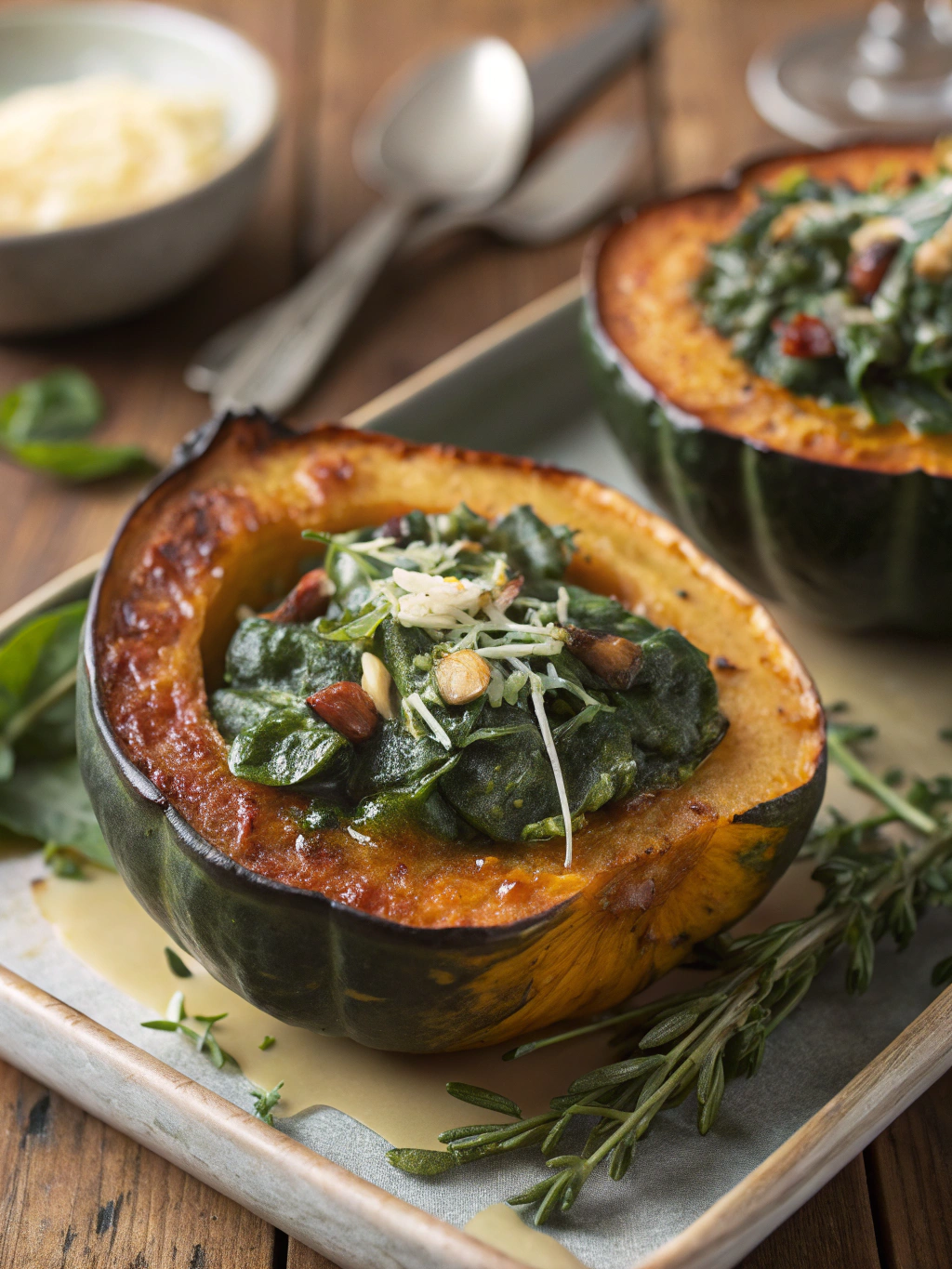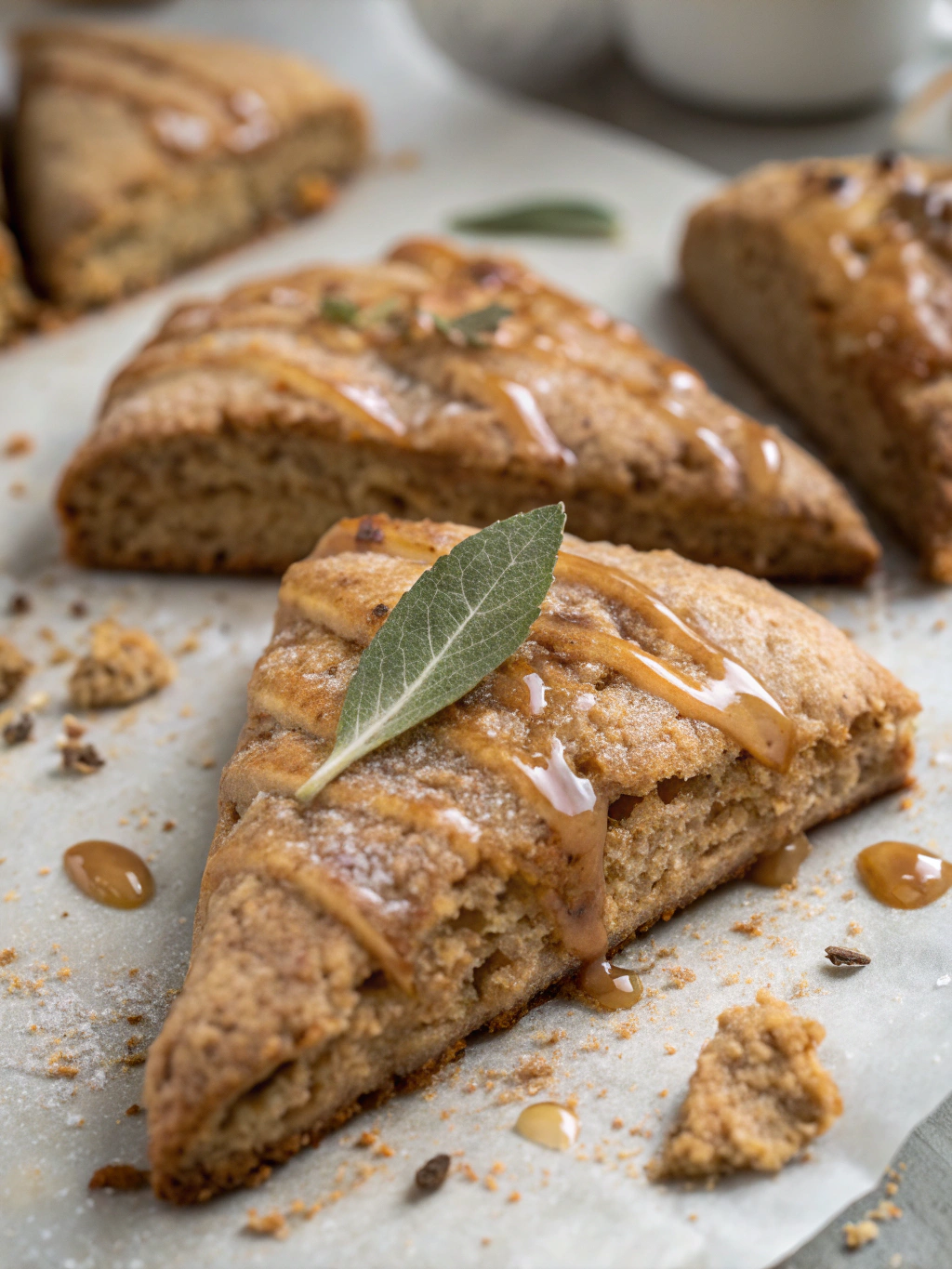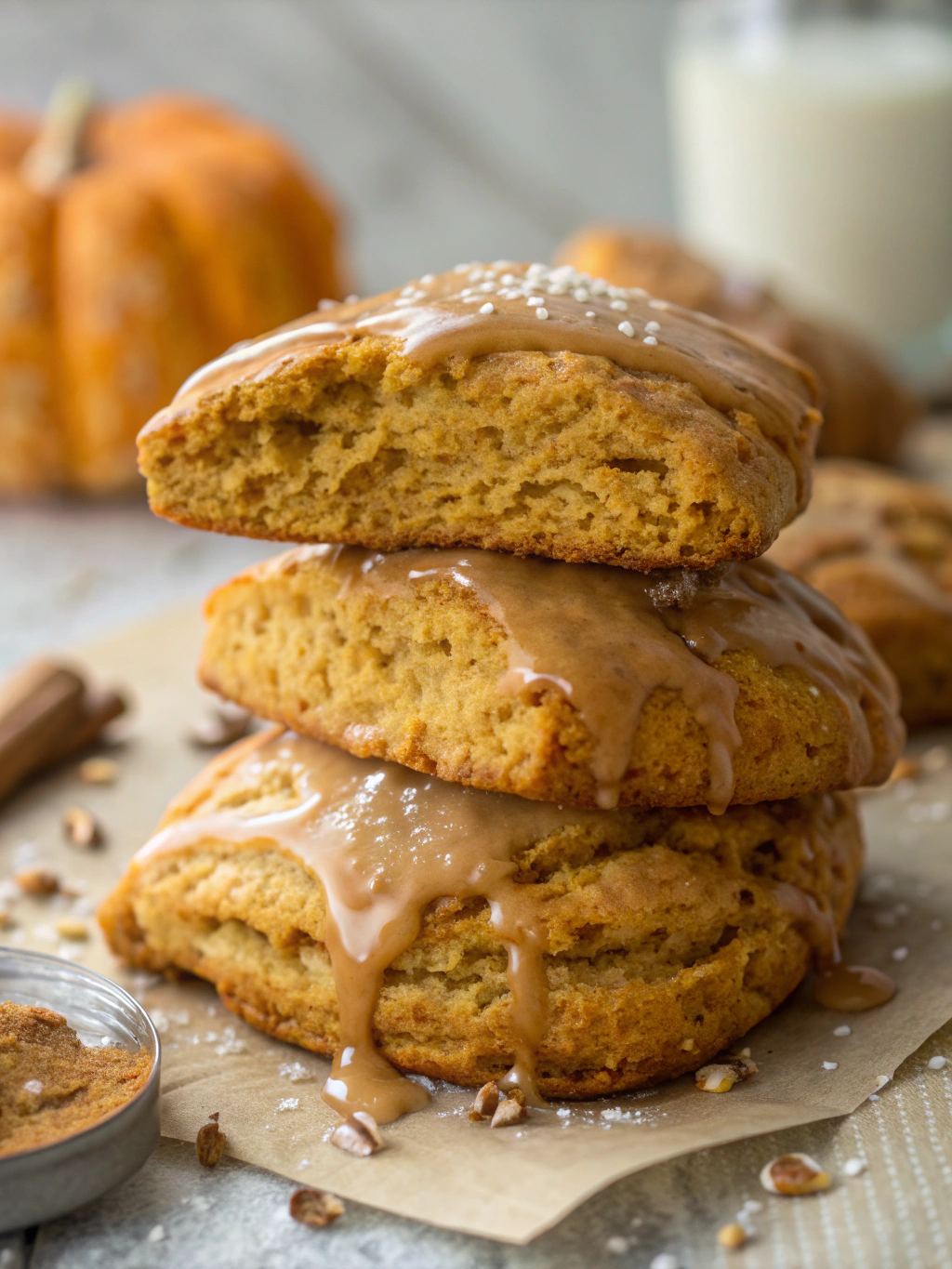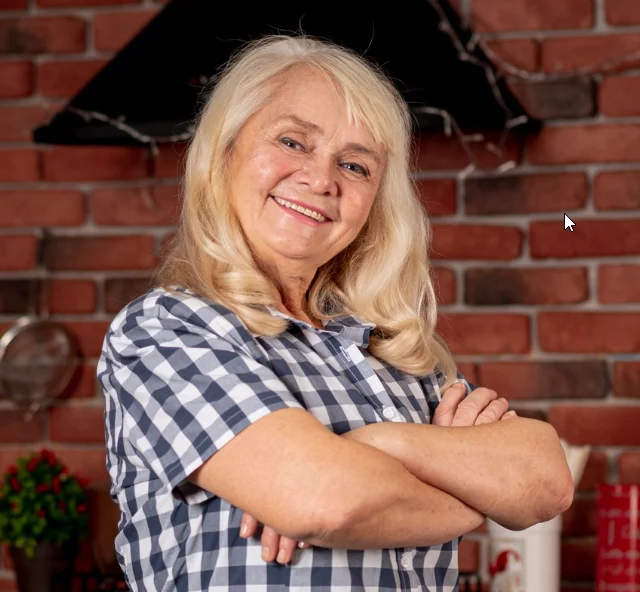One-Pot French Onion Chicken Rice Recipe: A Comforting Delight
Indulge in the rich flavors of a classic French onion soup enveloped in a satisfying one-pot meal. This One-Pot French Onion Chicken Rice recipe marries the savory goodness of caramelized onions with the hearty texture of chicken and rice. Served piping hot, this dish is both a feast for the senses and a comforting staple, perfect for any night of the week. The inclusion of aromatic herbs and a hint of cheese elevates this dish to a gourmet level, making it an irresistible choice for family dinners.
Quick Recipe Highlights
- Flavor Profile: The cozy blend of caramelized onions and tender chicken creates a warm, inviting flavor.
- Texture: Expect a satisfying contrast between creamy rice and juicy, well-seasoned chicken.
- Aroma: An enticing aroma of slow-cooked onions and fragrant herbs fills the air.
- Visual Appeal: A golden-brown crust of melted cheese with hints of green herbs adds color.
- Skill Level Needed: Basic sautéing and baking skills are all you’ll need for this recipe.
- Special Equipment: A large cast-iron skillet or an oven-safe pan will ensure even cooking.
Recipe Overview
- Difficulty Level: Moderately easy, involving sautéing, deglazing, and baking, suitable for beginner to intermediate cooks.
- Category: This dish falls under comfort foods, perfect for cozy gatherings and cold nights.
- Cuisine: Inspired by French cuisine, with its roots in classic French onion soup.
- Cost: With staple ingredients like chicken and onions, this dish remains budget-friendly at approximately $10-$15.
- Season: Ideal for fall and winter months when you crave heartwarming meals.
- Occasion: Perfect for family dinners, casual gatherings, and weekend lunches.
Why You’ll Love This Recipe
The harmony of flavors in this One-Pot French Onion Chicken Rice recipe is irresistible. The savory, sweet caramelization of onions brings depth, complementing the tender chicken and fluffy rice. The gooey cheese topping is the cherry on top, offering a creamy, comforting mouthfeel. Besides its delightful taste, the one-pot nature of this dish means minimal cleanup and easy preparation—a definite win for busy cooks. Being packed with protein and carbohydrates, it provides a balanced meal that satisfies both your palate and nutritional needs. Its communal serving style turns any meal into an engaging dining experience, effortlessly facilitating camaraderie around the table. Lastly, its cost-effective ingredients ensure that you can whip up this gourmet-level meal without breaking the bank.
Historical Background and Cultural Significance
French onion soup, the inspiration for our dish, traces its origins back to ancient Rome. Traditionally served as a peasant dish because onions were easy to grow, it evolved into a sophisticated French staple. By pairing these timeless, rich flavors with chicken and rice, the recipe adapts to modern culinary trends while honoring its roots. French cuisine is renowned for its emphasis on technique and quality ingredients, values mirrored in this dish. Over time, the recipe has seen variations such as adding wine or using different cheese types, each offering a unique take on this classic meal. With widespread appreciation, regional nuances now reflect in recipe adaptations, showing its global culinary influence.
Ingredient Deep Dive
Onions are the star, vital for achieving the characteristic sweet-savory profile. Historically, onions have held significance in numerous cuisines due to their versatility and storage longevity. Rich in antioxidants and vitamins, they contribute to heart health and disease prevention. For optimal sweetness, select firm, shiny onions with no soft spots and store them in a cool, dark place to prolong freshness. If unavailable, shallots can be a sweeter alternative. Chicken, a protein powerhouse, adds to the dish’s heartiness and nutrition profile. It’s essential to select fresh, skinless cuts for consistent flavor. Marinate or prep it with a pinch of salt to enhance flavor absorption, and always store it appropriately in refrigeration for safety.
Common Mistakes to Avoid
- Over-cooking the onions can result in bitterness instead of sweetness; aim for a golden brown caramelization.
- Skipping deglazing may cause the flavors to become overly concentrated or burnt.
- Not using an oven-safe pan may lead to uneven cooking; ensure your equipment is suitable for baking.
- Overcrowding the pan will prevent onions from browning properly; cook in batches if needed.
- Undercooking the chicken leads to safety issues; ensure proper internal temperatures.
- Ignoring cheese quantity—too much can overwhelm, too little won’t bind the flavors.
- Adding onion slices too thick will increase cooking time; aim for uniform thin slices.
- Using low-quality broth results in a bland taste—opt for a robust, high-quality stock.
- Skipping the resting time will affect ingredient melding; let it sit briefly before serving.
Essential Techniques
Caramelizing onions is an art. It’s about slowly drawing out the sugars over medium heat, avoiding the bitter taste that fast, high-heat cooking can bring. Patience is key—expect a rich, tawny color as your indicator of success. Mastery involves stirring frequently yet allowing rest time in between for browning. Deglazing involves adding liquid to the caramelized bits stuck at the bottom of the pan. These bits infuse your dish with deep flavor. Use wine or broth for authentic taste. Also, watch for touch—when the pan bottom is smooth and clear, you’re on the right track.
Pro Tips for Perfect One-Pot French Onion Chicken Rice
Ensure that your onions are sliced uniformly to cook evenly and develop an even caramelization. Deglaze the pan with a splash of white wine for a touch of acidity that balances the sweetness of the onions. For a creamier texture, add a dollop of sour cream or crème fraîche just before serving. Top with a blend of Gruyère and Parmesan cheese for enhanced flavor and an irresistible crust. Letting the cooked dish sit for a few minutes allows the flavors to meld perfectly. If accessible, use homemade chicken stock for the richest broth base.
Variations and Adaptations
For a regional spin, consider using shallots for a sweeter, more delicate onion flavor, or add herbs de Provence for a traditional French flair. During summer, add fresh seasonal vegetables like zucchini or bell peppers for a lighter touch. Health-conscious cooks might swap white rice for quinoa or cauliflower rice. Tweak spices, adding a dash of paprika or cayenne for heat. Vegan adaptations include swapping chicken for plant-based alternatives and using vegetable broth. Garnish options are plenty—from sliced avocados to fresh microgreens for a burst of vibrant color.
Serving and Presentation Guide
Serve this dish family-style in the pot it was cooked in for an authentic rustic feel. Add a sprinkle of freshly chopped herbs like parsley or thyme to enhance its visual appeal. Traditional accompaniments might include a crusty baguette to soak up juices, whereas a mixed green salad offers a refreshing contrast. Consider serving in individual ovenproof bowls, each topped with cheese, for a sophisticated presentation. Ideal serving temperature is slightly above room temp, ensuring warm flavors without burning.
Wine and Beverage Pairing
This hearty dish pairs beautifully with a robust Chardonnay or a soft, medium-bodied Merlot. Non-alcoholic options might include a sparkling cider or iced tea with a splash of lemon for acidity and freshness. Coffee lover? A French press brew or a light herbal tea can serve as a delightful beverage side. Keep wine chilled but not too cold, around 50-60°F, to complement the dish’s warmth. Serve wine in stemmed glasses and ensure pairings highlight and not overpower the dish.
Storage and Shelf Life
Store leftovers in an airtight container in the refrigerator for up to 3 days. The dish reheats well in the oven, maintaining its texture and flavor. Avoid microwaving, which can lead to a loss of texture complexity. Look out for any sour smells as a sign of spoilage. For longer preservation, this dish can be frozen in a shallow container for up to 1 month. Reheat slowly, covered, to ensure even temperature distribution.
Make Ahead Strategies
Prepare the onion base a day ahead, storing it in the refrigerator—this can enhance flavor intensity. Consider marinating chicken overnight in complementary herbs for greater tenderness and taste complexity. Store parts separately in portioned containers to maintain freshness. Assemble on the day of serving and watch as flavors meld seamlessly. Warm gently upon reheating to maintain moistness and delectable aromas. Fresh herbs and cheese can be added last minute to preserve vibrancy and texture.
Scaling Instructions
To halve the recipe, simply reduce ingredient proportions while maintaining cooking times. For a crowd, double ingredients but use a larger pan or skillet to ensure even cooking distribution. Cooking times can remain mostly unchanged but check chicken doneness accordingly. With larger volumes, consider preparing in two batches to manage potential overcrowding. Leftovers from scaling can be creatively transformed into risotto-like dishes or savory pies.
Nutritional Deep Dive
This dish offers a balanced macro profile, with lean proteins from chicken, carbohydrates from rice, and healthy fats from cheese. The onions are packed with antioxidants and vitamins B and C, essential for health maintenance. The caloric content is moderate, approximately 500-600 calories per serving. Suitable for balanced diets, it offers a fulfilling portion size without over-indulgence. For calorie-restricted diets, one might lessen cheese or use brown rice, enhancing fiber intake crucial for digestion.
Dietary Adaptations
To make the dish gluten-free, ensure all stocks and seasonings are certified. Dairy-free versions can substitute cheese with nutritional yeast or plant-based options. Vegans can replace chicken with chickpeas or tofu, providing protein variety. For a lower-carb option, use cauliflower rice, reducing carbohydrate content drastically. Paleo enthusiasts might opt for coconut cream and chicken thighs instead of breasts. Removing onion altogether suits a low-FODMAP diet, though preparation and cooking adjust to missing flavors.
The Recipe
One-Pot French Onion Chicken Rice
Serves: 4
Prep Time: 15 mins
Cook Time: 45 mins
Total Time: 60 mins
Kitchen Equipment Needed
- Large oven-safe skillet
- Wooden spoon
- Cutting board
- Sharp knife
Ingredients
- 2 tablespoons olive oil
- 2 large onions, thinly sliced
- 4 garlic cloves, minced
- 4 chicken breasts
- 1 cup rice
- 2 cups chicken broth
- 1 cup shredded Gruyère cheese
- Salt and pepper, to taste
- 1 teaspoon dried thyme
Directions
- Preheat oven to 375°F (190°C).
- Heat olive oil in a large skillet over medium heat. Add onions and cook until caramelized, about 20 minutes.
- Stir in garlic and thyme, cook for another 2 minutes.
- Add chicken breasts and brown on all sides.
- Rinse rice and add to the skillet alongside chicken broth. Stir well.
- Season with salt and pepper, then top with Gruyère cheese.
- Transfer skillet to the oven and bake until chicken is cooked through and rice is tender, approximately 45 minutes.
Recipe Notes
- For added depth, deglaze the skillet with white wine before adding stock.
- For a richer flavor, use brown chicken stock instead of light.
Troubleshooting Guide
- Texture issues: Rice too mushy? Reduce the broth slightly next time for firmer texture.
- Flavor balance: Bland tasting? Try a pinch more salt or a broth with a deeper flavor profile.
- Temperature problems: Ensure your skillet is oven-safe and preheat thoroughly for even cooking.
- Equipment challenges: Invest in quality cast-iron skillets for heat retention and flavor development.
- Ingredient substitutions: Properly swap rice with alternatives like quinoa or farro, adjusting broth ratio.
- Timing concerns: If the dish seems undercooked, add five to ten additional oven minutes for perfection.
Recipe Success Stories
Many who’ve tried this dish have highlighted its uncanny ability to bring people together, serving as a conversation starter during dinner parties. Numerous adaptations include adding seasonal vegetables from local gardens, introducing personal touches reflective of unique tastes. Success has been shared by foodies around the world through enticing Instagram posts, showcasing steaming skillful photography. Blogger recommendations continue pouring in, applauding its simplicity and rewarding flavor depth. Tips on achieving picture-perfect results have emphasized angles capturing golden cheese tops just emerging from the oven.
Frequently Asked Questions
Can I use rotisserie chicken instead of cooking fresh?
Absolutely. Using pre-cooked chicken can be a time saver. Simply adjust the cooking time by reducing it by 10-15 minutes and ensure your rice is cooked separately and reheated with the mixture.
What can I use instead of Gruyère cheese?
Swiss cheese or Fontina work well as substitutes; both provide a similar nuttiness and melt smoothly. Mozzarella is a mild alternative suitable for those preferring less intense flavors.
Is there a vegetarian version?
Yes, omit the chicken and substitute vegetable broth for chicken broth. Adding mushrooms provides a meaty texture, and chickpeas as a protein source can enrich the dish further.
How do I prevent the cheese from burning?
Monitor the final stages of baking carefully. Consider lowering your oven’s top rack or using foil to loosely cover the cheese. Remove covering for the last 5 minutes for browning.
How thick should the onion slices be?
Aim for about 1/4-inch thickness. Thicker slices can prolong caramelization time while thinner slices may burn too quickly, affecting the dish’s sweetness.
What kind of rice is best?
Long-grain white or jasmine rice complements the flavors well. Brown rice is an alternative but requires additional broth as chewiness increases.
Can I prepare this dish in advance?
Yes, complete stages up to oven baking. Cover and refrigerate up to 24 hours before reheating and completing the cooking process when ready to serve.
Can this dish be frozen?
Indeed, it can be frozen post-cooking. For best quality, consume within three months. Ensure tight wrapping to prevent freezer burn and entirely thaw before reheating.
How can I make this spicier?
Incorporate a sprinkle of crushed red pepper flakes or cayenne powder into your recipe. Adjust to your personal heat preference, keeping your audience in mind.
Is it gluten-free?
It naturally is, provided all employed broth brands guarantee gluten-free status. Always check labels diligently as stocks, especially pre-packaged, may vary.
Additional Resources
Explore related recipes like traditional French onion soup for deeper dives into technique mastery and flavor exploration. Ingredient guides provide insight into selective cultivation and preparation measures, elevating meal potential. Equipment is paramount; guides offer insight into maintaining cast-iron cookware for long-lasting quality. Seasonal variations unlock creative potential, introducing fresh elements throughout the year—consider our seasonal recipe archives for inspiration.
Join the Conversation
Engage with our community on social media platforms by sharing your dish photographs using #FrenchOnionChickenRice. Our contributors regularly offer professional photography advice on capturing mouth-watering images. Leave recipe reviews and gain recognition for your creative spins on this classic dish. We encourage discourse through feedback and suggestions, aiding fellow cooks in achieving their culinary dreams, fostering connections across cultures and cuisines.

